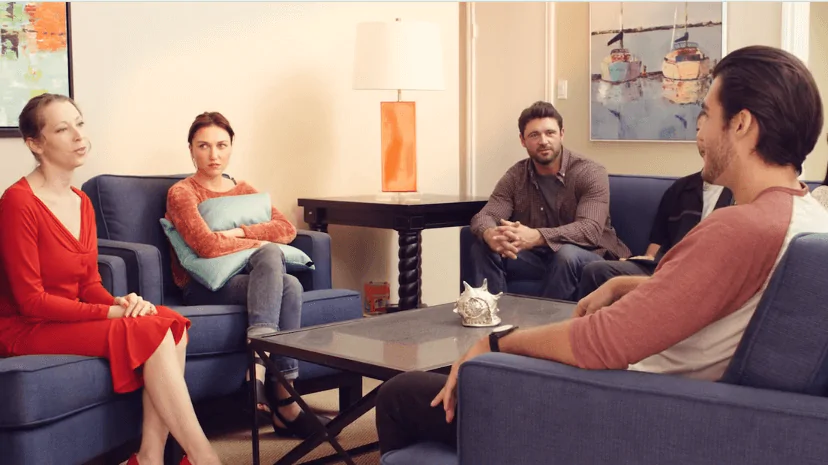24/7 Helpline:
(866) 899-221924/7 Helpline:
(866) 899-2219
Learn more about Dual Diagnosis Rehab centers in Okemah

Other Insurance Options

GEHA

Regence

Premera

WellCare Health Plans

United Health Care

Health Net

Meritain

Choice Care Network

CareSource

American Behavioral

Kaiser Permanente

Oxford

WellPoint

AllWell

Aetna

Evernorth

Anthem

Excellus

Self-pay options

Medical Mutual of Ohio

Creoks Mental Health Services
Creoks Mental Health Services is a private rehab located in Okemah, Oklahoma. Creoks Mental Health S...






















